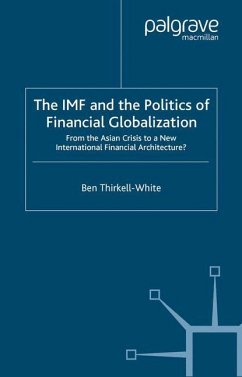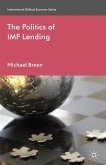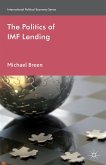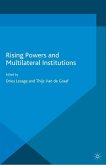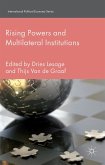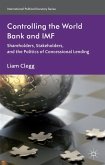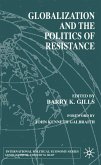The Asian crisis triggered ongoing controversy over the IMF's role in a 'new international financial architecture'. This book argues for a political approach to crisis and reform, placing current debates in the context of the politics of financial regulation since Bretton Woods. It explores links between domestic political controversy over IMF policy in Indonesia, Korea, Malaysia and the United States and the broader politics of IMF decision-making. It argues that, unless political arrangements are reformed, the IMF will face further political challenges.
'...an impressive study of how and why the role of the IMF has changed from one of enabling countries to stay in the global financial system to one that is aimed specifically at enhancing market-driven systems both globally and within countries... a highly thoughtful study that draws analysis of the IMF into larger questions of power and change.' - Richard Robison, Political Studies Review

